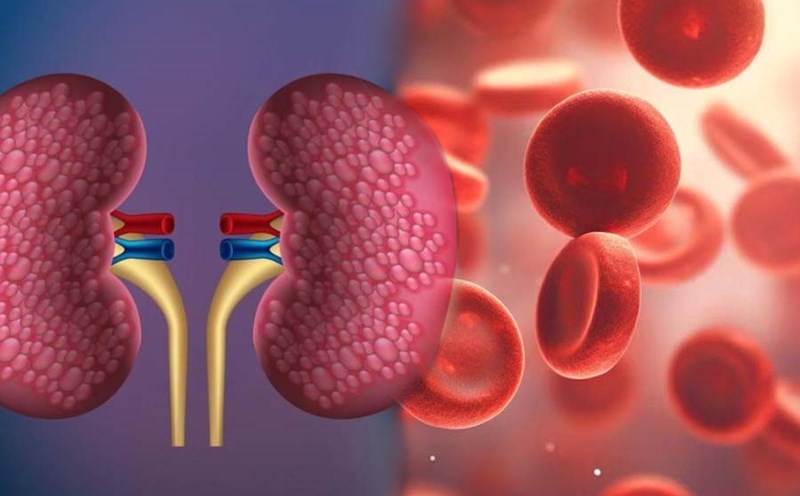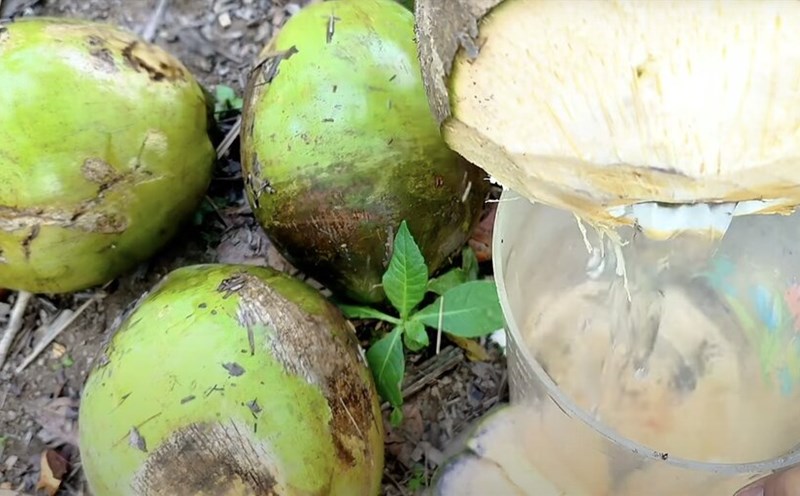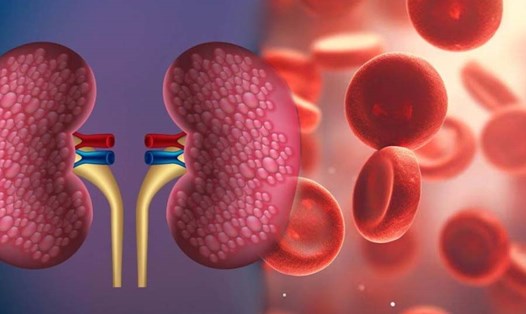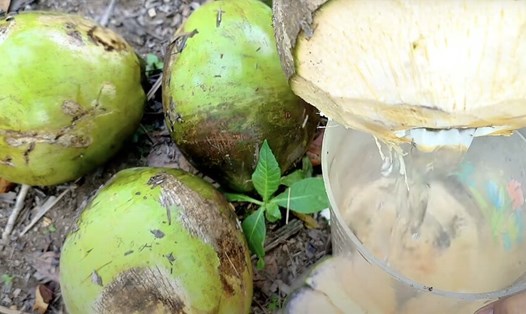Garlic - a familiar spice in daily meals, is not only famous for its characteristic flavor but also known for its many pharmacological effects. Many scientific studies have shown that garlic has a positive effect on kidney health, helping to reduce the risk of kidney disease and improve kidney function. However, the question is whether garlic can actually improve kidney health as a complementary therapy to medical treatments.
According to a study published in the Journal of Renal Nutrition, garlic has the ability to protect the kidneys from damage caused by oxidative stress - one of the main factors causing kidney failure. Sulfur compounds in garlic such as allicin and diallyl disulfide are believed to have strong anti-inflammatory and antioxidant properties, helping to minimize the damage of free radicals to kidney cells. Garlic can reduce levels of inflammatory markers and improve kidney function in people with chronic kidney disease.
Additionally, a study from the American Journal of Kidney Diseases also found that garlic can help support blood pressure. High blood pressure is one of the leading causes of kidney damage and kidney failure.
Garlic helps lower blood pressure by dilating blood vessels and improving blood flow. This indirectly helps protect the kidneys from damage caused by high blood pressure. Clinical studies have shown that garlic consumption can reduce blood pressure in people with hypertension, an important risk factor for kidney disease.
Researchers also recommend that adding garlic to the diet can help reduce cholesterol levels and prevent the accumulation of fats in the body, thereby reducing the burden on the kidneys during the blood filtration process. Improving blood vessel function and blood pressure will help the kidneys function more effectively, avoiding the decline in kidney function over time.
Although current research suggests that garlic has many benefits for kidney health, it is important to note that garlic is only effective when used regularly as part of a healthy diet, combined with maintaining good lifestyle habits and following medical treatment if necessary. Garlic is not an alternative treatment for kidney disease but can be a useful part of an overall health care regimen.









